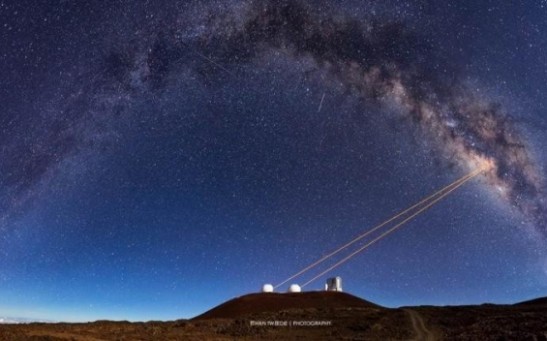science
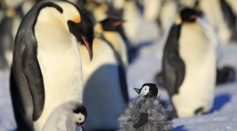
Why Researchers Have to Go In Disguise—The Penguin in the Room
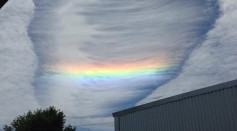
Rare “Fallstreak” Cloud Sparks Mystery Across Australia
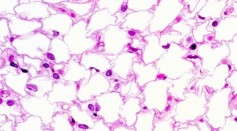
Researchers find the relation between obesity, and Latina and Black women

Ten Unknown Secrets About the Star of Thanksgiving Dinner—Turkeys
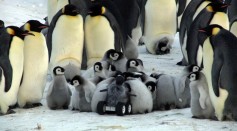
Penguin-Friendly Rover Finds Its Place Amongst the Crowd

Surgical removal of brain part led to disappearance of a man's arachnophobia

China Space Probe Returns from Trip to the Moon—3rd Place in ‘Space Race’

Water arrived on Earth earlier than previously thought, scientists say
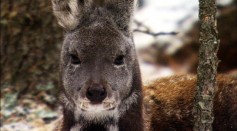
Vampire-Like Deer Reveals Itself in Time for Halloween
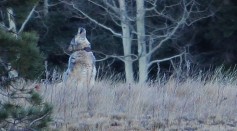
Endangered Gray Wolf May Have Made a Trip to Grand Canyon
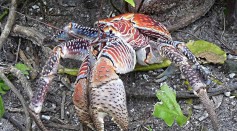
An Urban Legend or Possible Truth? Amelia Earhart May Have Been Eaten Alive
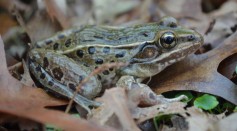
Crytptic New Species of Leopard Frog Found in New York City

Amelia Earhart’s Lost Plane May Have Been Found in the South Pacific
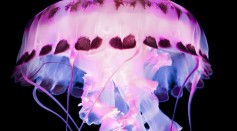
The Past And Present of Biotechnology—What Designs Nature Will Inspire
Most Popular

AI Revolution in Medical Education: Transforming How Healthcare Professionals Learn

Optimizing Complex Catalog Systems with Graph Theory and Indexing

Out of Office, Not Out of Mind: Planning for Employee Holiday Absences

Nikolay Karpenko Biography, Photo, Career, Accomplishments

